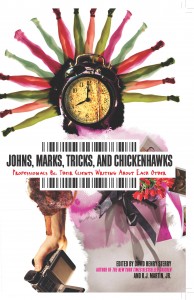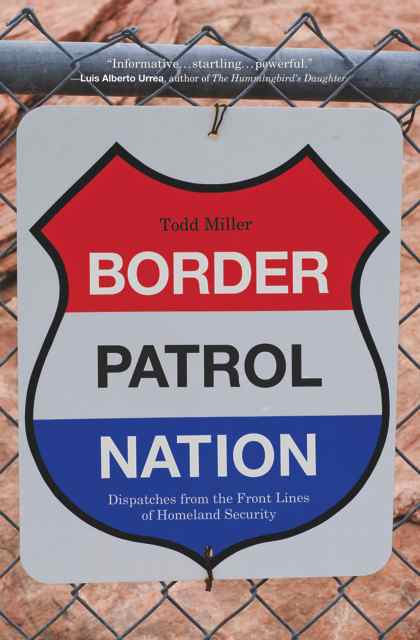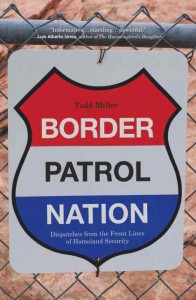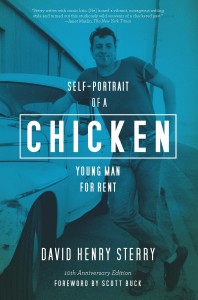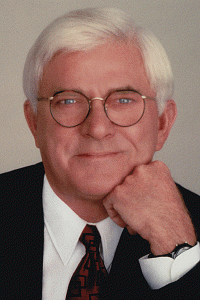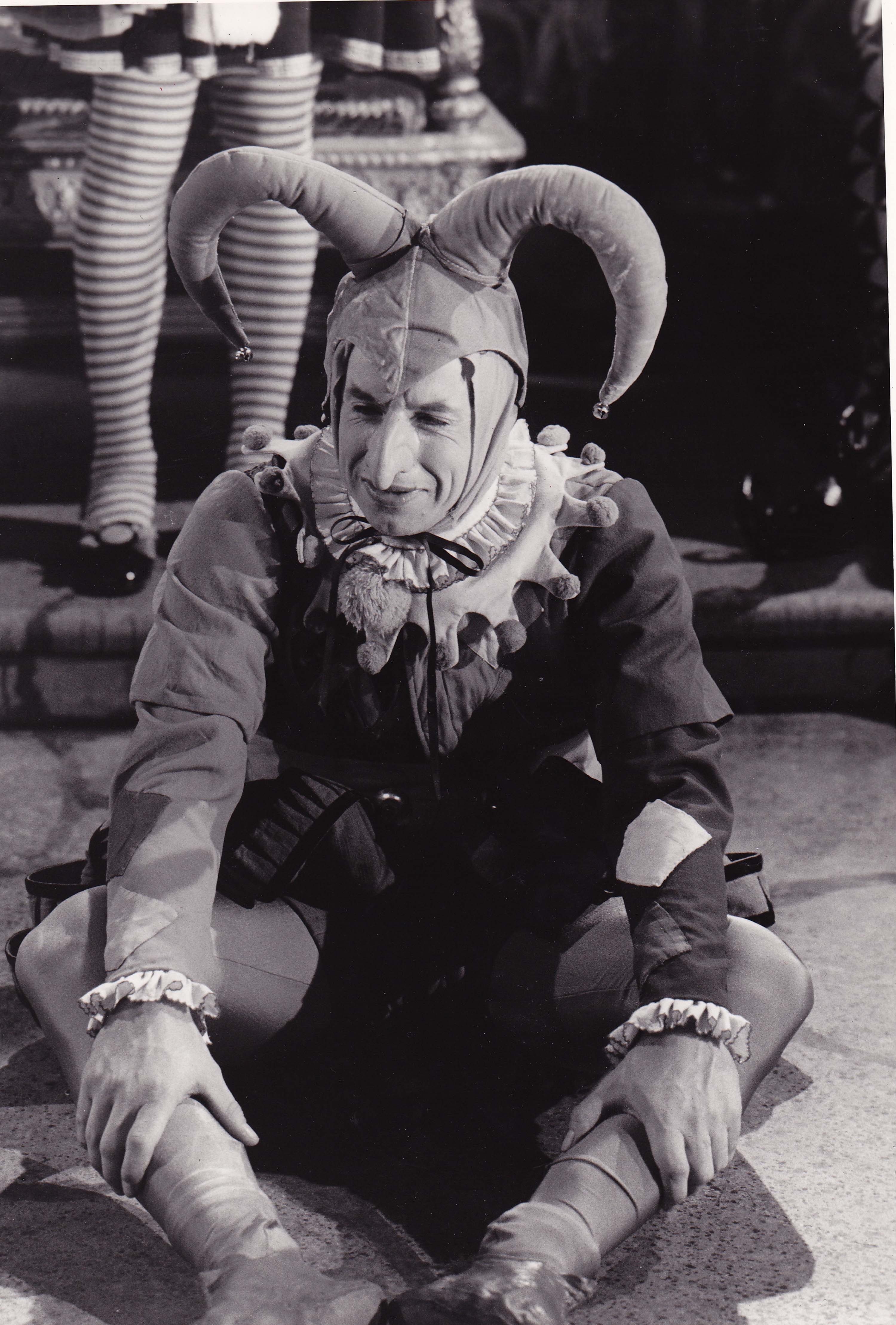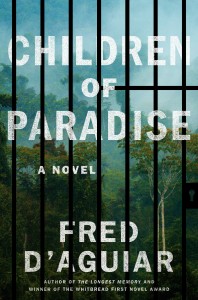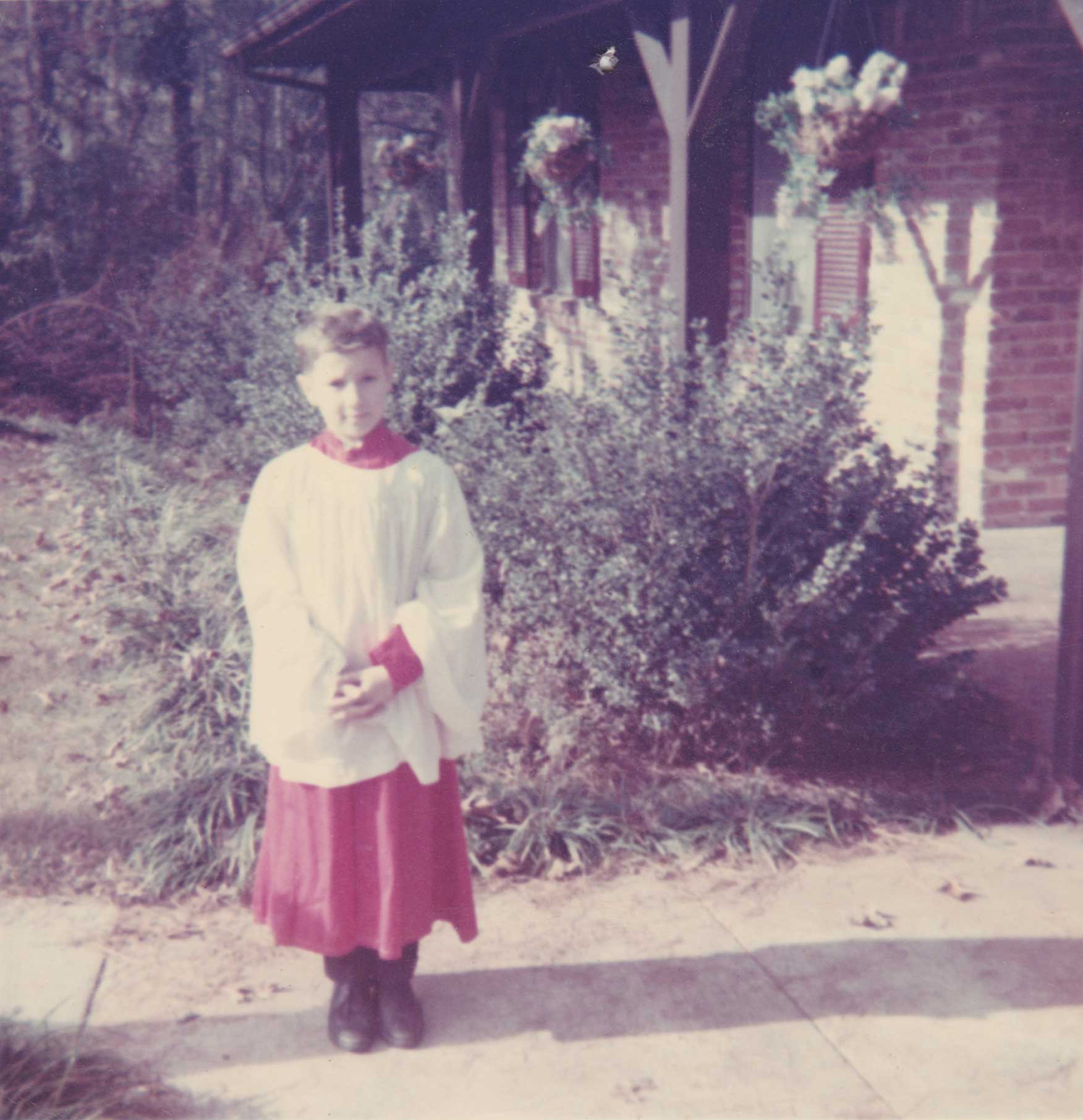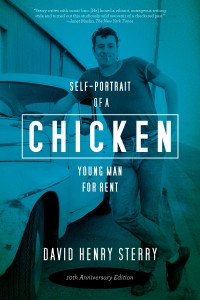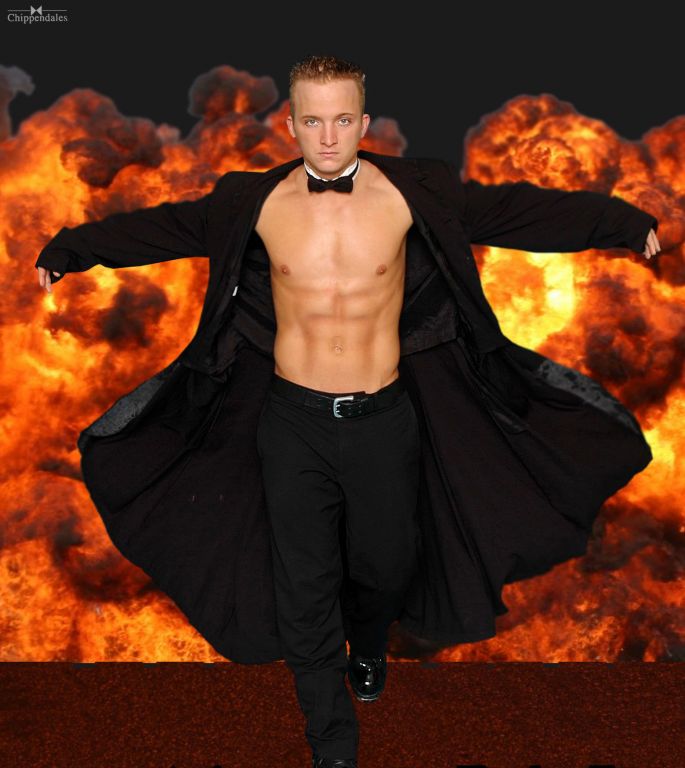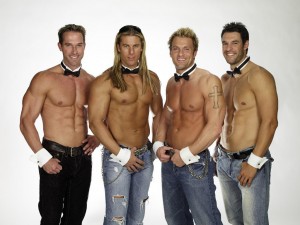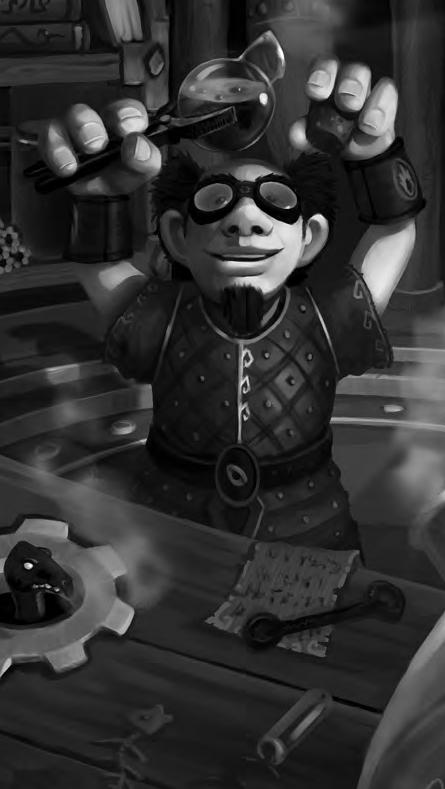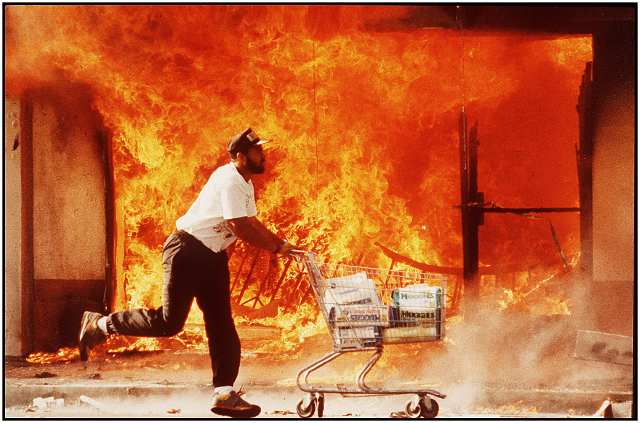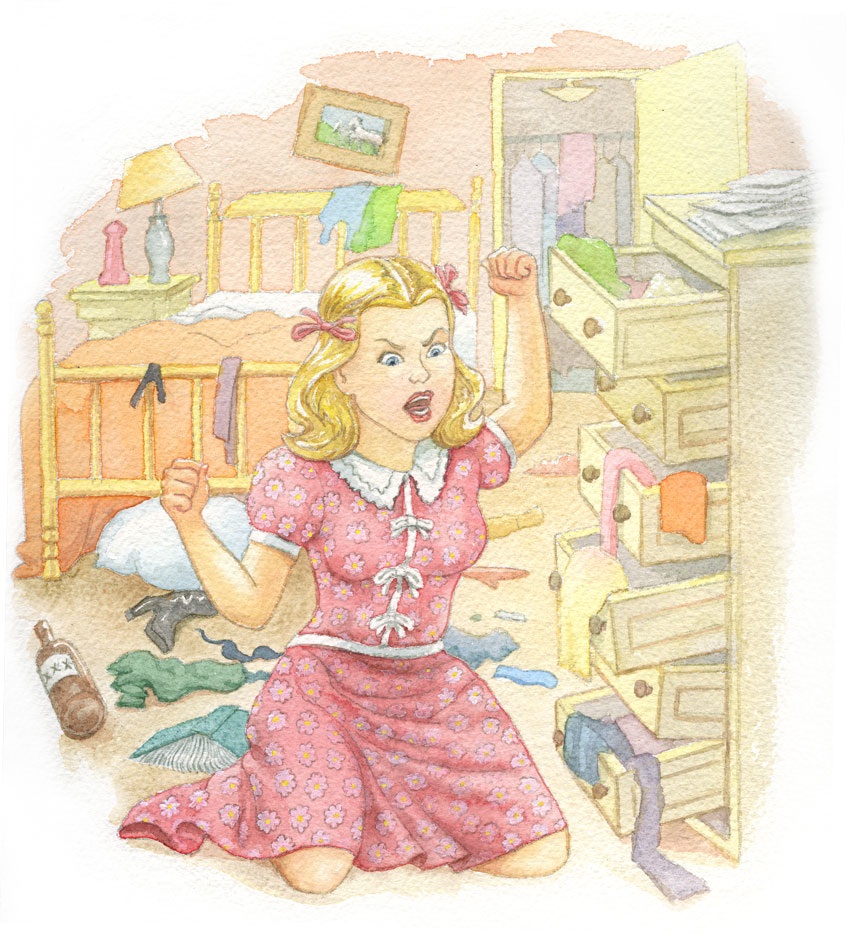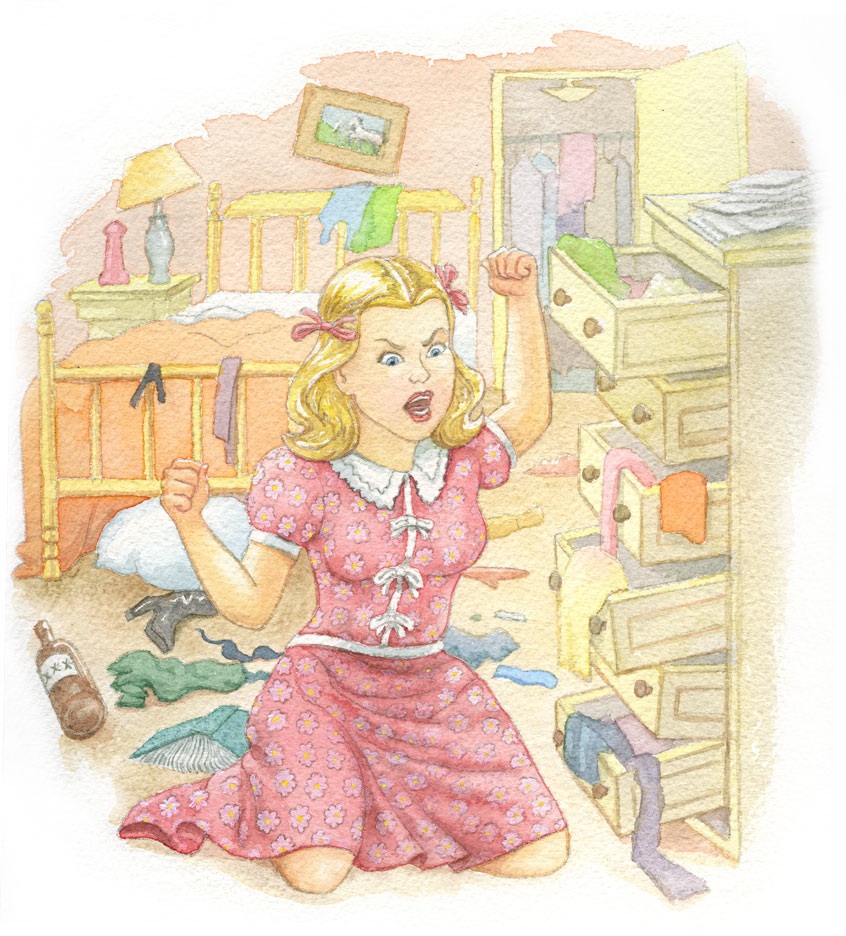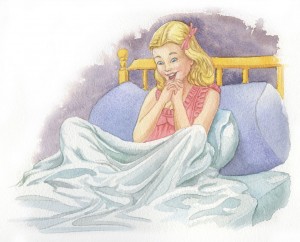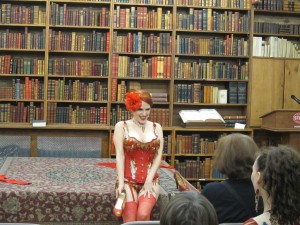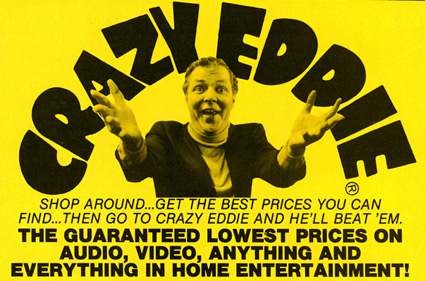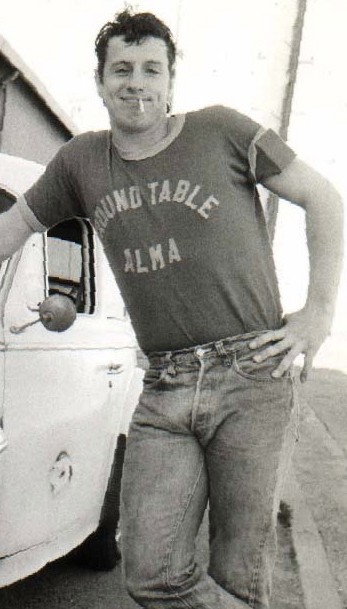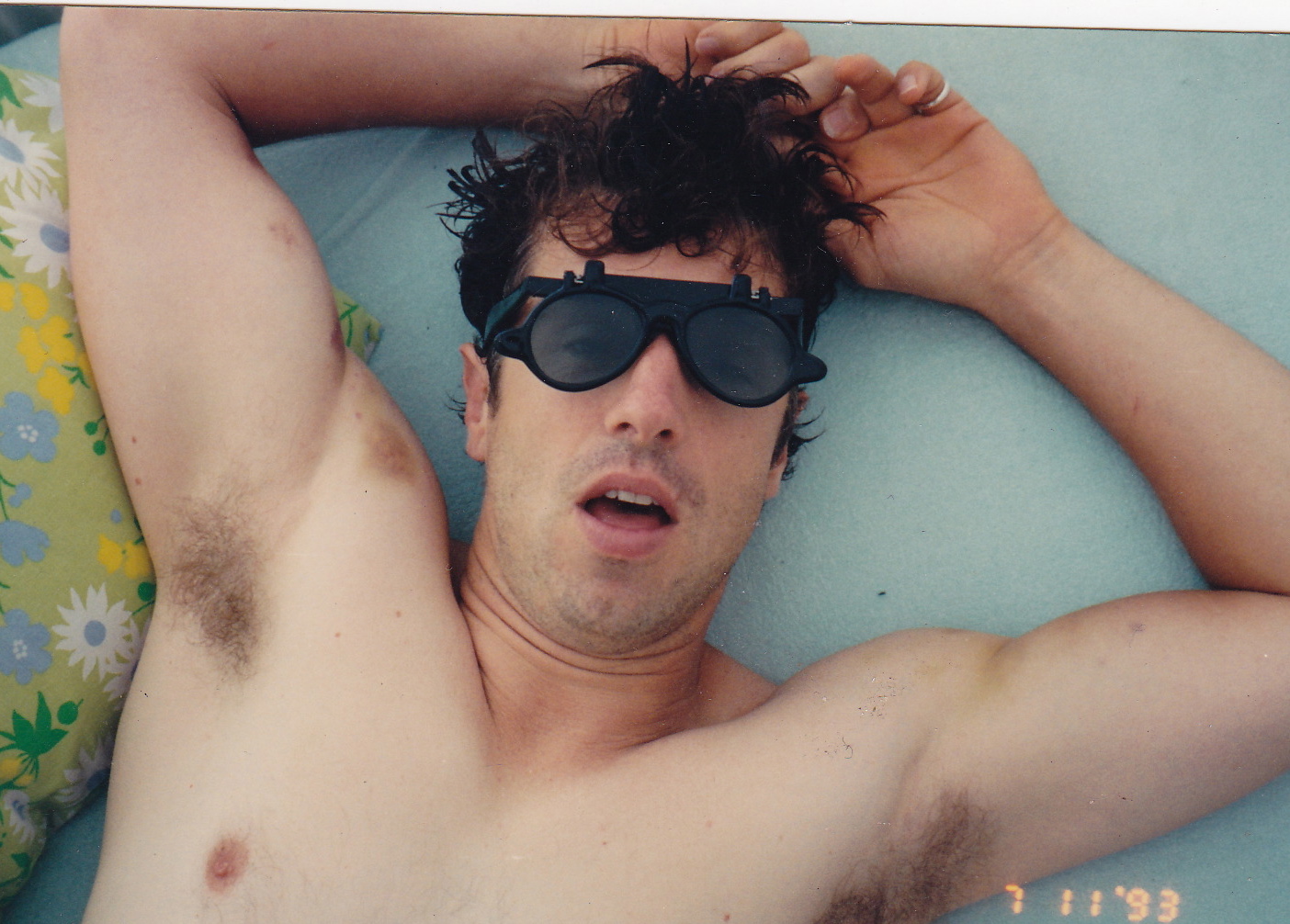In this original, excerpted interview, David Henry Sterry interviews Veronica Monet about her journey from corporate America to being a high profile courtesan to becoming an author, couples therapist and radio host. Her essay “No Girls Allowed at the Mustang Ranch” appears in the anthology “Johns, Marks, Tricks & Chickenhawks.” It’s a riveting story about a woman who wants to go to the Mustang Ranch as a customer, and does so for her birthday with her husband.
 Veronica Monet is the author of Sex Secrets of Escorts (Alpha Books 2005) and a Couples Consultant specializing in Anger Management and Sacred Sexuality. Monet has been a vocal and highly visible spokesperson for the sex worker rights movement since 1991 having appeared on every major network as well as CNN, FOX, CNBC, WE, A&E and international television programs. Veronica has been profiled in The New York Times and has lectured at a variety of academic venues including Kent State, Stanford and Yale Universities. Veronica Monet combines over 14 years of “hands-on” experience as a courtesan with many years of formal education. As a Certified Sexologist (ACS), Certified Sex Educator (SFSI), Certified Anger Management Specialist (CAM), Trained Volunteer for the Center Against Rape and Domestic Violence (CARDV) and an Ordained Minister (ULC) her subject matter marries the body and the soul on many levels – reuniting sex and spirit in down-to–earth terms and providing compassion, intuition, integrity and safety. Veronica Monet coaches men, women and couples over the telephone, via Skype and in-person at her northern California office. Veronica hosts a radio program The Shame Free Zone – her online radio program at http://www.
Veronica Monet is the author of Sex Secrets of Escorts (Alpha Books 2005) and a Couples Consultant specializing in Anger Management and Sacred Sexuality. Monet has been a vocal and highly visible spokesperson for the sex worker rights movement since 1991 having appeared on every major network as well as CNN, FOX, CNBC, WE, A&E and international television programs. Veronica has been profiled in The New York Times and has lectured at a variety of academic venues including Kent State, Stanford and Yale Universities. Veronica Monet combines over 14 years of “hands-on” experience as a courtesan with many years of formal education. As a Certified Sexologist (ACS), Certified Sex Educator (SFSI), Certified Anger Management Specialist (CAM), Trained Volunteer for the Center Against Rape and Domestic Violence (CARDV) and an Ordained Minister (ULC) her subject matter marries the body and the soul on many levels – reuniting sex and spirit in down-to–earth terms and providing compassion, intuition, integrity and safety. Veronica Monet coaches men, women and couples over the telephone, via Skype and in-person at her northern California office. Veronica hosts a radio program The Shame Free Zone – her online radio program at http://www.
David Henry Sterry: How did you get into the sex business?
Veronica Monet: It was 1989 and I had just resigned from a secretarial position at a major computer corporation. Since graduating from college in 1982, I had held a variety of jobs in corporate settings including one as an office manager and another as department manager. I resigned from my last straight job because my supervisor was a sexist who wrote me up for stupid things like “not smiling enough.” At the time I was dating a male stripper whose live-in girlfriend was also an exotic dancer. I considered becoming a dancer in one of the San Francisco clubs. Then I met this beautiful woman who worked as a prostitute and I quickly realized that she enjoyed her life and her work a lot more than the exotic dancer seemed to. The prostitute also made a lot more money than the girl who danced for a living. After I began dating the beautiful prostitute, I asked her to teach me the business so I could enter the profession too. Funny thing was that despite my college diploma and seven years in corporate jobs, I had a lot to learn about being a successful escort. Turns out it is not a job for dummies, contrary to popular opinion.
DHS: What are some things you’ve learned working in the sex industry?
VM: I learned that when you take his clothes off and provide him with one of the most emotionally moving orgasms of his life, a man will show you that he is not all that different from most women. Men, too, want to be held while they cum and will cry during an internal (prostate) orgasm. There is softness and a desire to be nurtured which I never saw in men until I became a prostitute. I literally went from hating men and the oppression they represented to me at that time, to loving men and feeling regret that we live in a world culture which demands that men sublimate their feminine side in preference of appearing in control.
DHS: Do you tell friends and relatives that you were/are a sex worker? Not, why not? If so, what has their reaction been?
VM: People sometimes assume that sex workers lie about their profession because they feel ashamed of it. This is not true for most sex workers. Instead they hide what they do from anyone who might hurt them because of it. For instance, a prostitute can be evicted just for being a prostitute. Sex workers can lose custody of their children. Sex workers almost always lose their day jobs if their employers find out they are doing any type of sex work, whether it is legal or not.
I chose to be out as a sex worker from early on when I decided to become politically active on behalf of sex worker rights. Appearing on a multitude of national and international television shows including many programs on CNN and FOX News as a sex worker, there was no way to keep my status as an escort a secret. And I certainly paid a price for that honesty. I was evicted and audited and arrested and spent two years in family court, all due to being an out prostitute. People I thought were my friends rejected me. My family was ashamed and embarrassed by my choice of professions.
Many of the women I knew in the trade were unable to sustain a relationship with a man because men are simply too jealous and possessive to tolerate their woman being a prostitute. Fortunately for me, I was married to my soul mate for 14 of the 15 years I worked as an escort. He was loving and supportive of me and although we are divorced today due to other circumstances, I will always be grateful that he loved me while I worked in the sex industry. I know how rare it is to find a man who possesses enough confidence and self-esteem to be the partner of a prostitute. I was extremely fortunate to have my husband’s emotional support and loyalty throughout my career as a sex worker.
DHS: What are some other jobs you had?
VM: I have worked the graveyard shift in a cannery, as a change-person in a casino, as a waitress for a family restaurant, as a personal secretary, as an administrative assistant, as an office manager, as a department manager, and as a marketing representative for a radio station. I received many awards and I was promoted several times. Although some might term my seven years in corporate jobs successful, I was never happy with the 9 to 5 grind and I hated commuter traffic. When I discovered that I could be self-employed as a sex worker, I felt freed from the claustrophobic nature of cubicles and released from the insult of taking orders from people enamored with their own transitory power. As an escort, men far more powerful than the ones who had previously employed me as their secretary, catered to my interests, needs and desires while paying me handsomely for the privilege of my company.
DHS: Would you recommend the sex business as a way to make money?
The “sex business” is a broad term encompassing a vast array of services, some legal and others illegal. I don’t “recommend” any profession as I think that is an individual choice, which should be based upon personal attributes, goals and desires. When I am asked about escorting as a profession, I do my best to inform others of the positive and negative aspects of the profession. For instance, as long as prostitution remains illegal, prostitutes and escorts remain a target for crimes such as assault, rape and murder. Fear of arrest plays a huge role in the lives of prostitutes as well. And then there is the matter of scape goating, stereotyping and outright rejection from those very support people most of us rely upon to create stability and security in our lives.
If an individual has an independent and self-supporting nature; if they feel they can shrug off the judgments and projections of people they care about; then prostitution can be a very rewarding profession. But money should be only a secondary goal. Yes, escorts can make amazing amounts of money in a short time and the temptation is to envision escorting or any other branch of the sex industry as a “get rich quick scheme” but if you go into it with that goal, you will quickly find yourself on a dismal and destructive path. Like all professions, the best reason to get into the sex industry is because you enjoy helping other people. If you bring your love, compassion, empathy and nurturing to the sex professions, then you will not only make a lot of money, you will create a lot of happiness for your clients and yourself.
DHS: What are some of your best and worst experiences being a sex worker?
VM: My worst experience being a sex worker was being arrested. It was a humiliating and disgusting effort to “teach me a lesson” for shooting my mouth off as a sex worker rights activist. I fought back and in the end I prevailed as I was neither convicted of anything nor did I go to trial. But still, the handcuffs and the sexual leering from the police officers at the station were insulting and degrading. The irony of course is that law enforcement is fond of saying they want to “save” prostitutes from a “degrading” lifestyle.
There are so many happy memories of my escorting days. It is difficult to say which are the best. My first trip to New York City often stands out for me. It was my first foray into the life of a courtesan, which is distinct from that of an escort. The courtesans of old had only a few patrons and became quite wealthy by associating with the wealthiest and the most powerful men of their day. Likewise, as I moved from being a high-priced escort to a true courtesan, I stopped charging by the hour and began obtaining a fee for several days of companionship, which may nor may not include sex.
As the sex worker who was showing up on shows like Bill Maher’s Politically Incorrect and in publications like The New York Times, it was not difficult for me to command an impressive fee for that day, while demanding the best in accommodations and travel arrangements. Gaining access to wealthy socialites and billionaires was fascinating for me as well as extremely educational. Born to working class parents and literally growing up in a trailer, this side of life was completely foreign to me. Learning what true wealth looks and acts like as well as absorbing the particular pains and challenges that wealthy men experience also expanded my compassion for others—regardless of how much money or stuff they might possess. I think that window into the world of exorbitant wealth and what our society terms “success” was very instructive for my own spiritual path. It gave me the freedom to walk away from money whenever I feel like it. I know the allure of money is mostly transitory and illusory. It is what lives in our hearts that determines the level of happiness each of us will attain.


